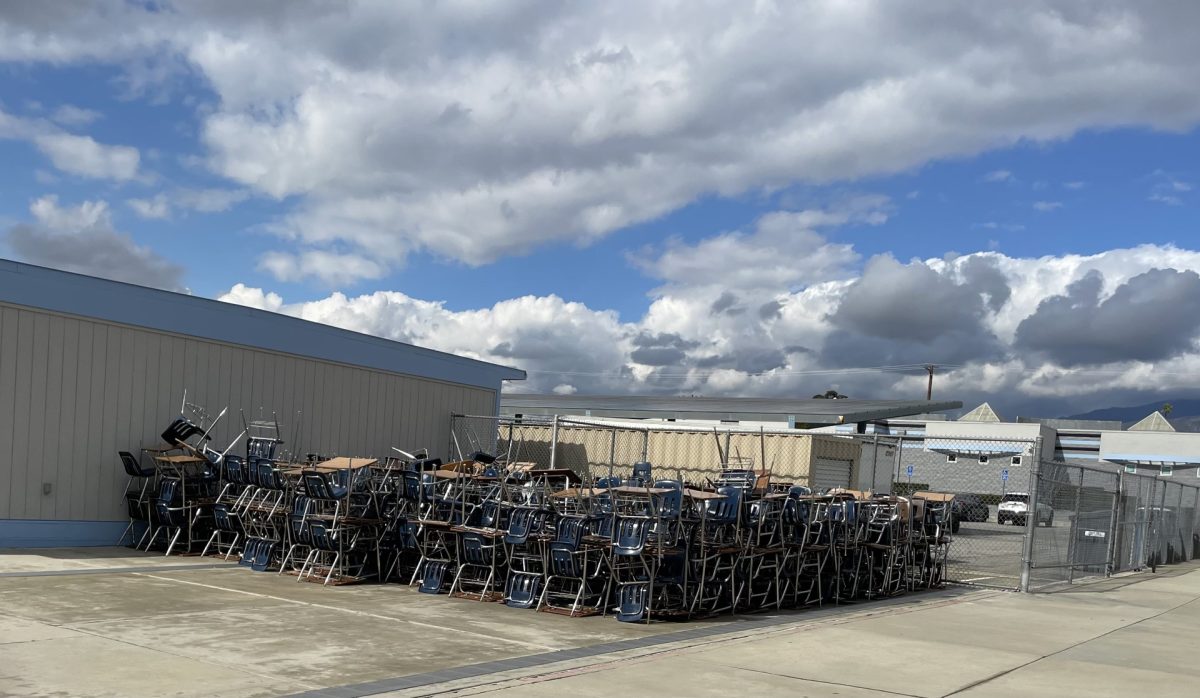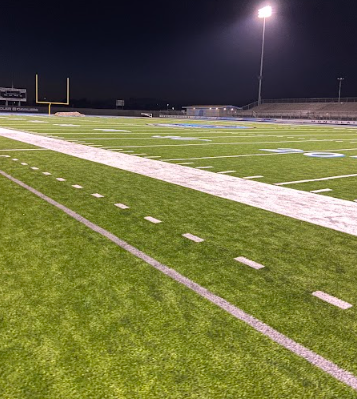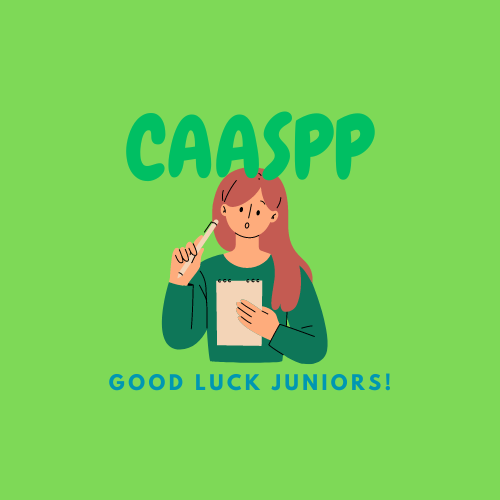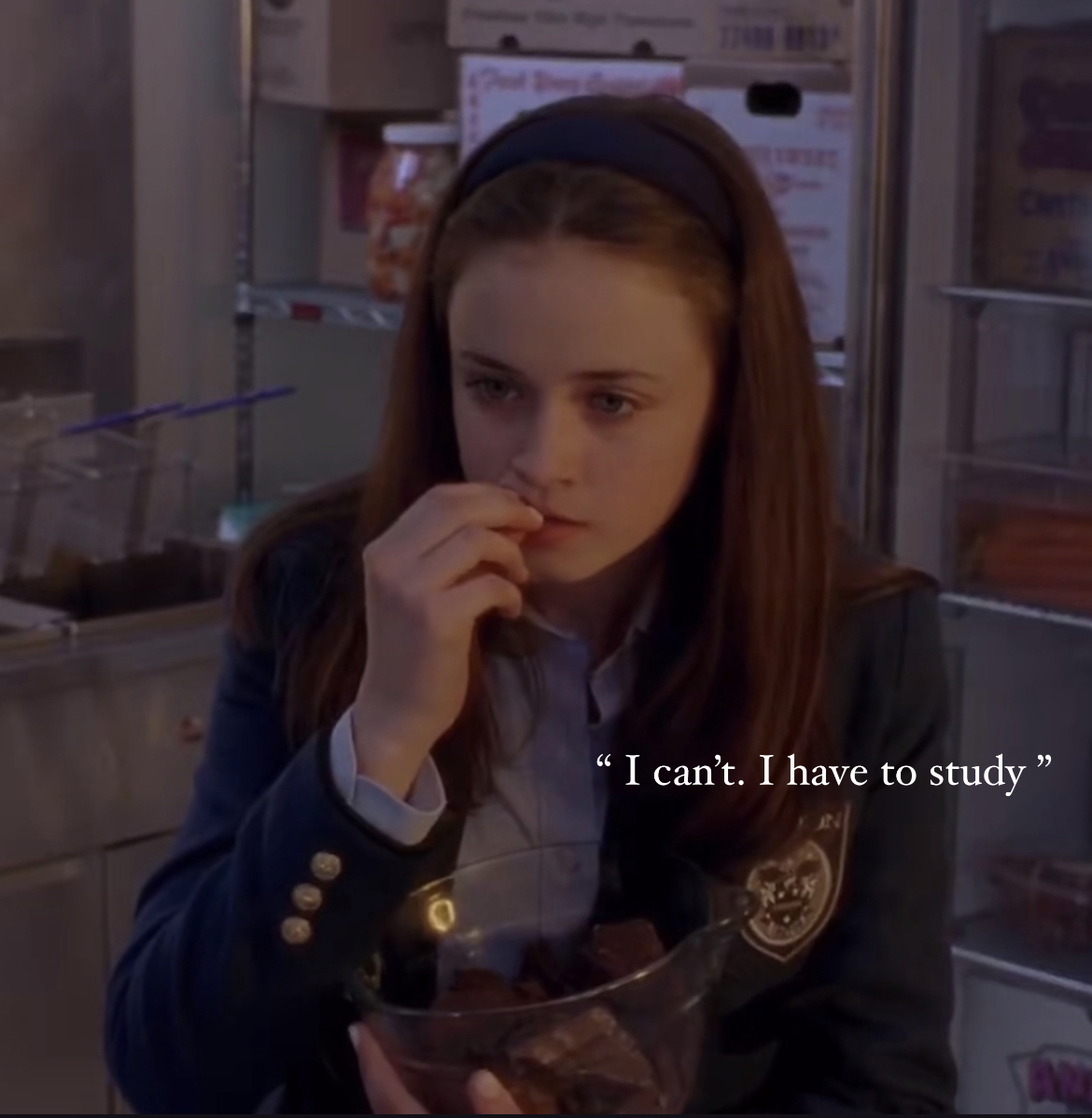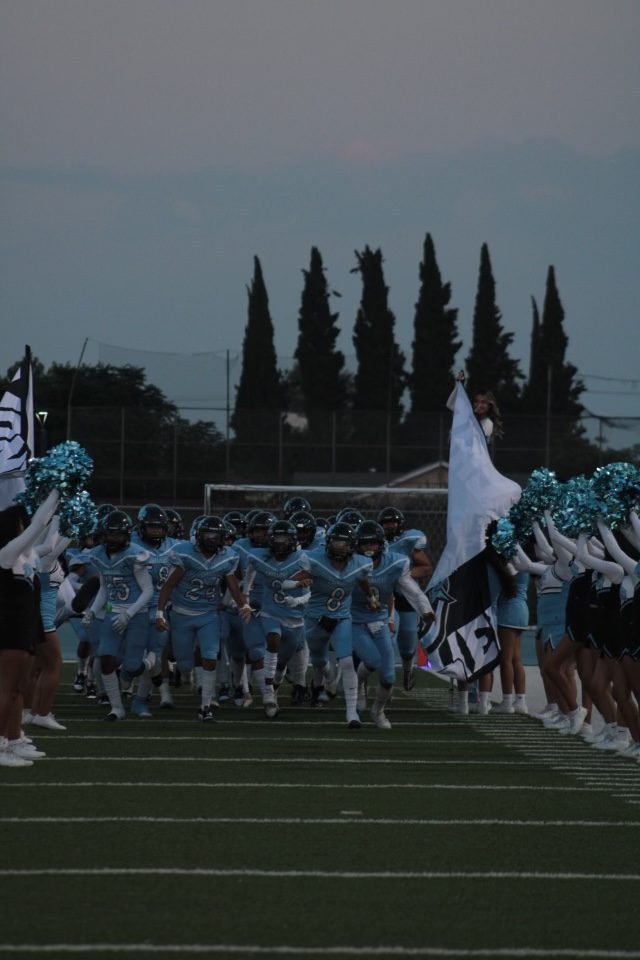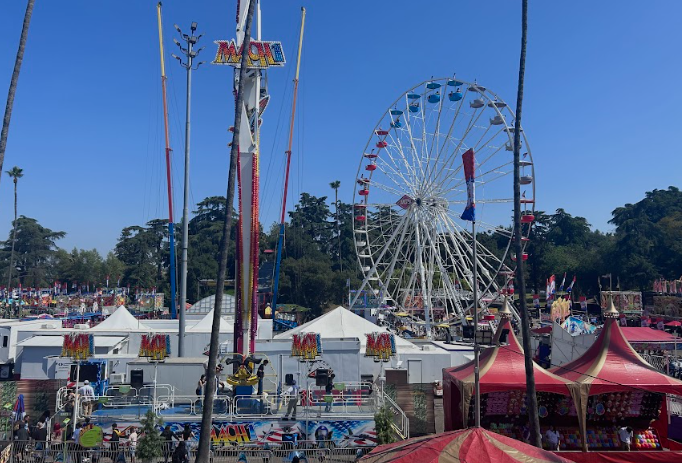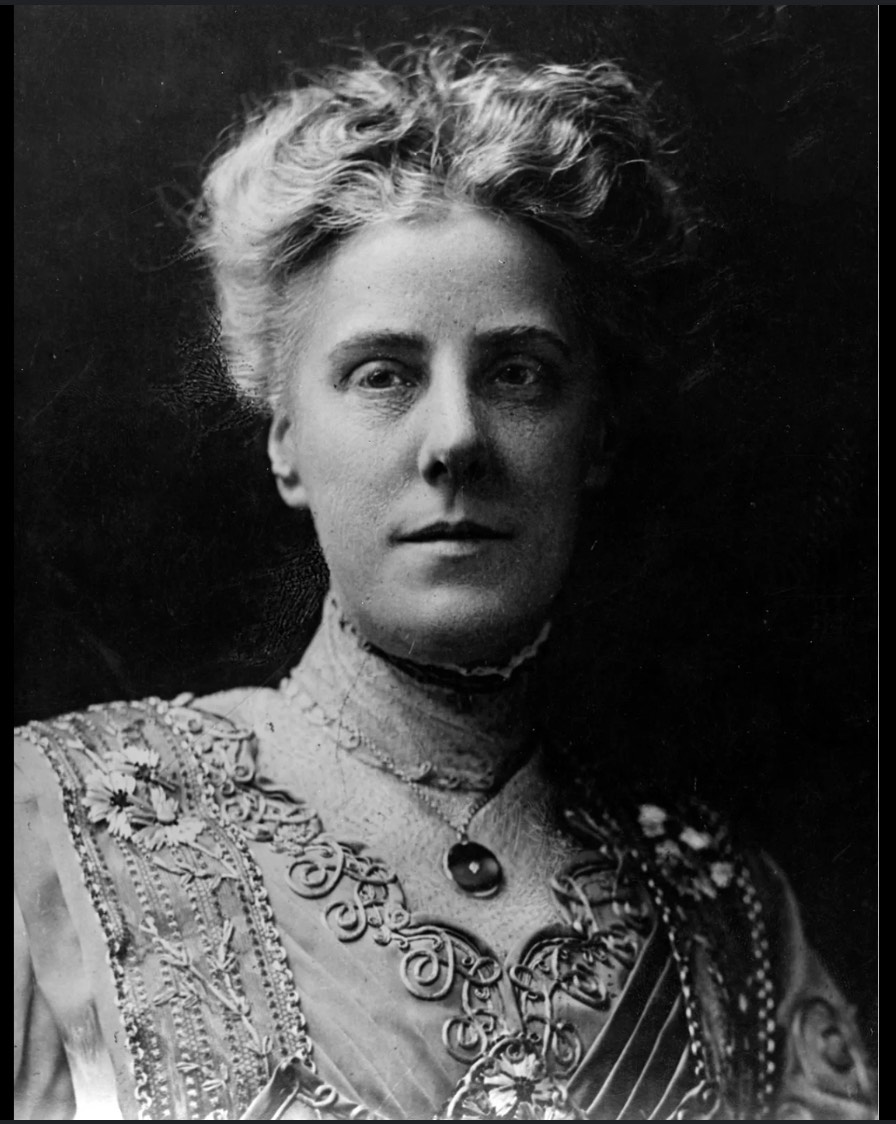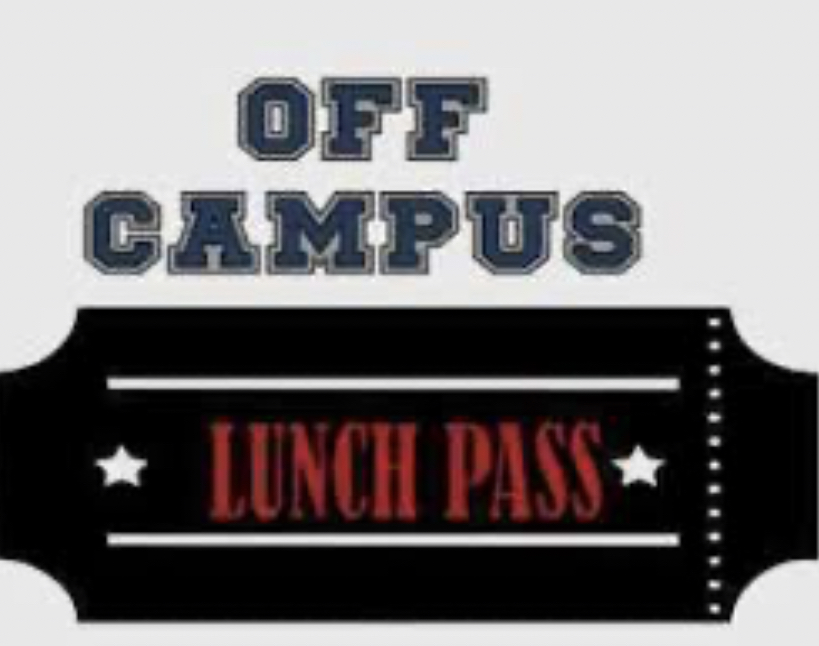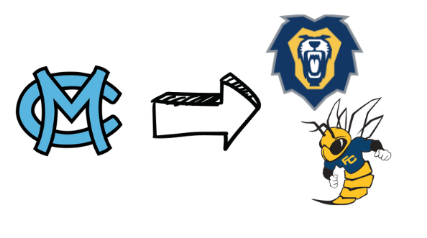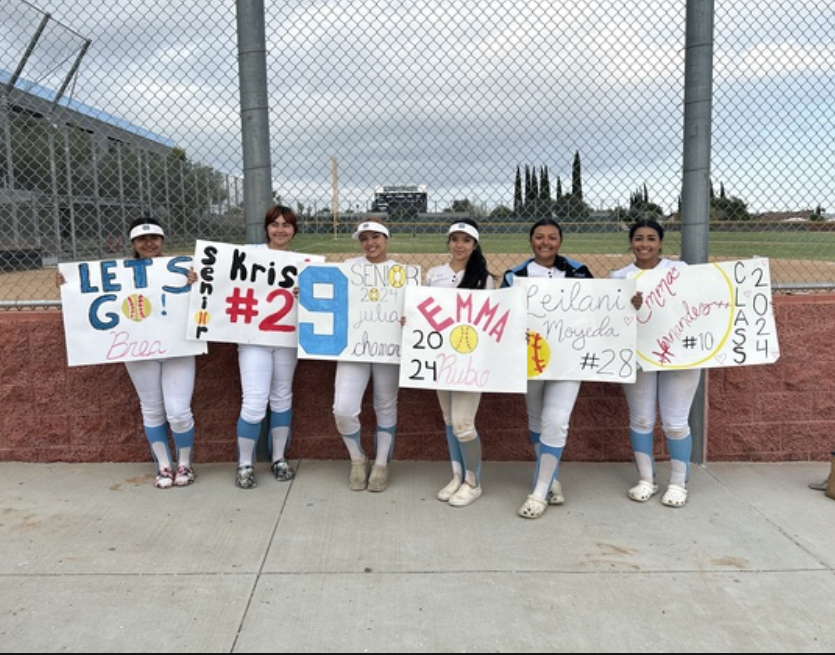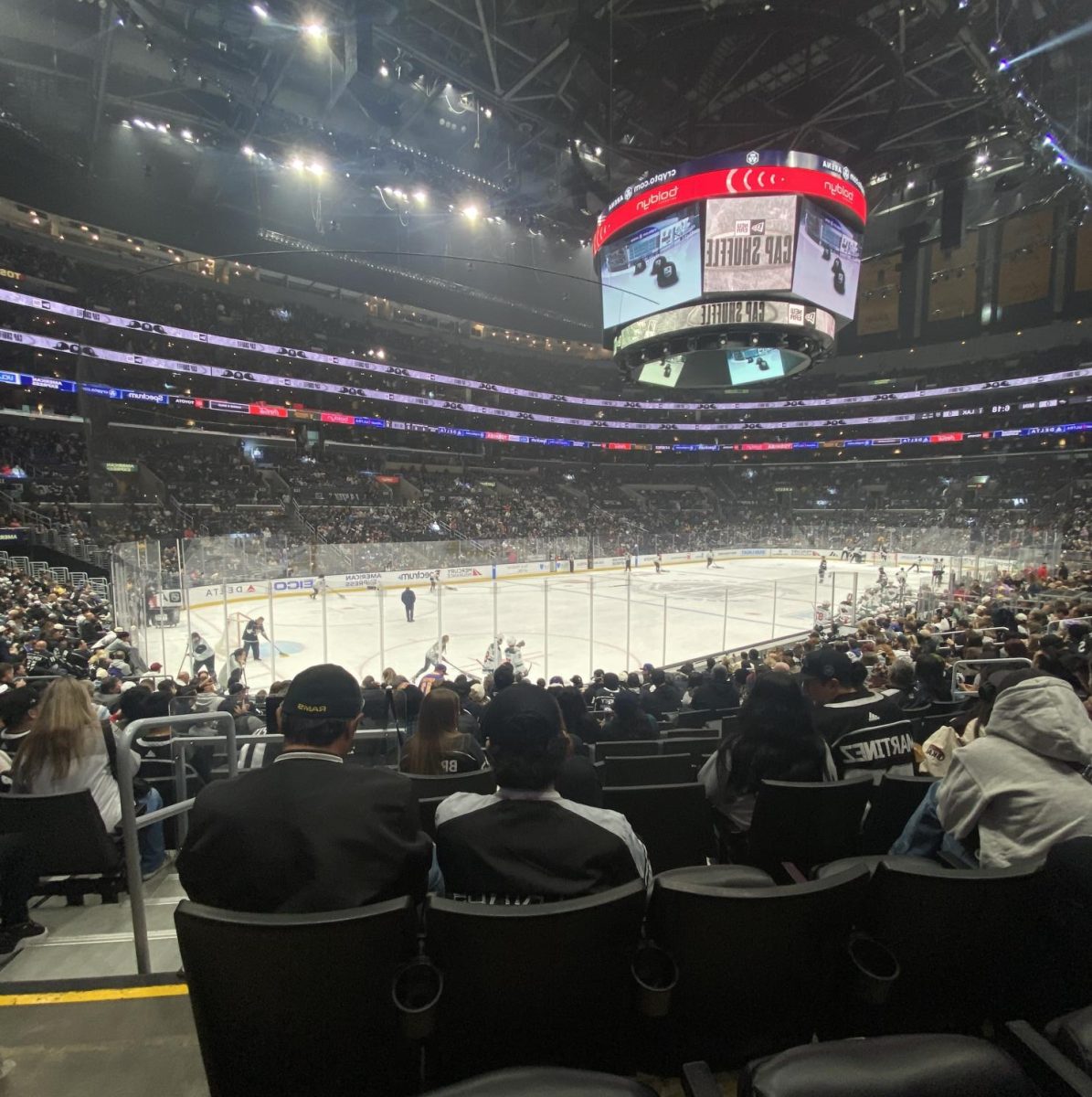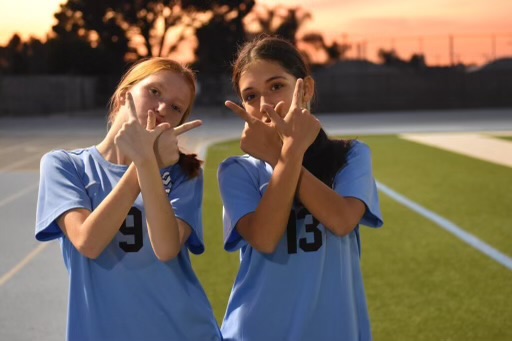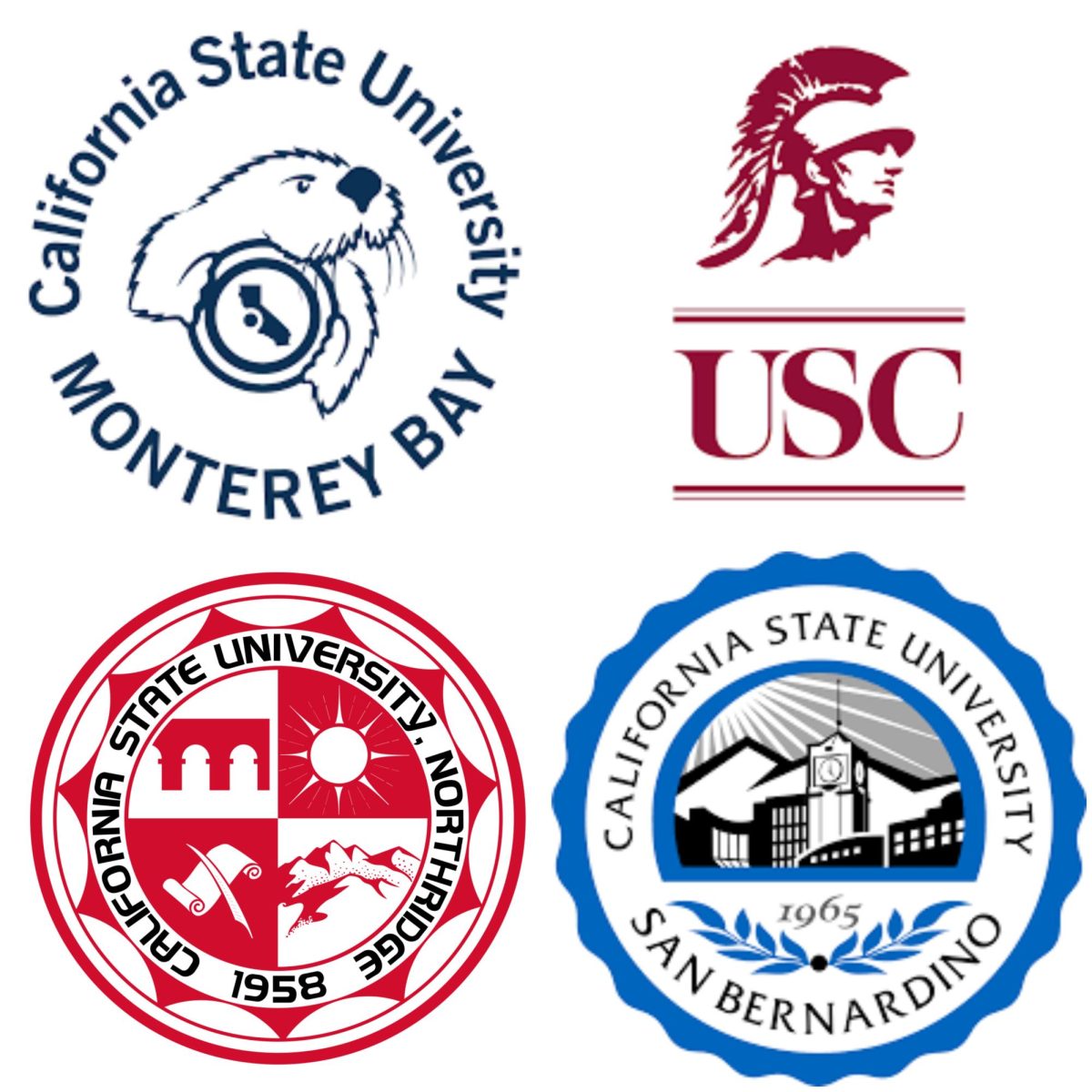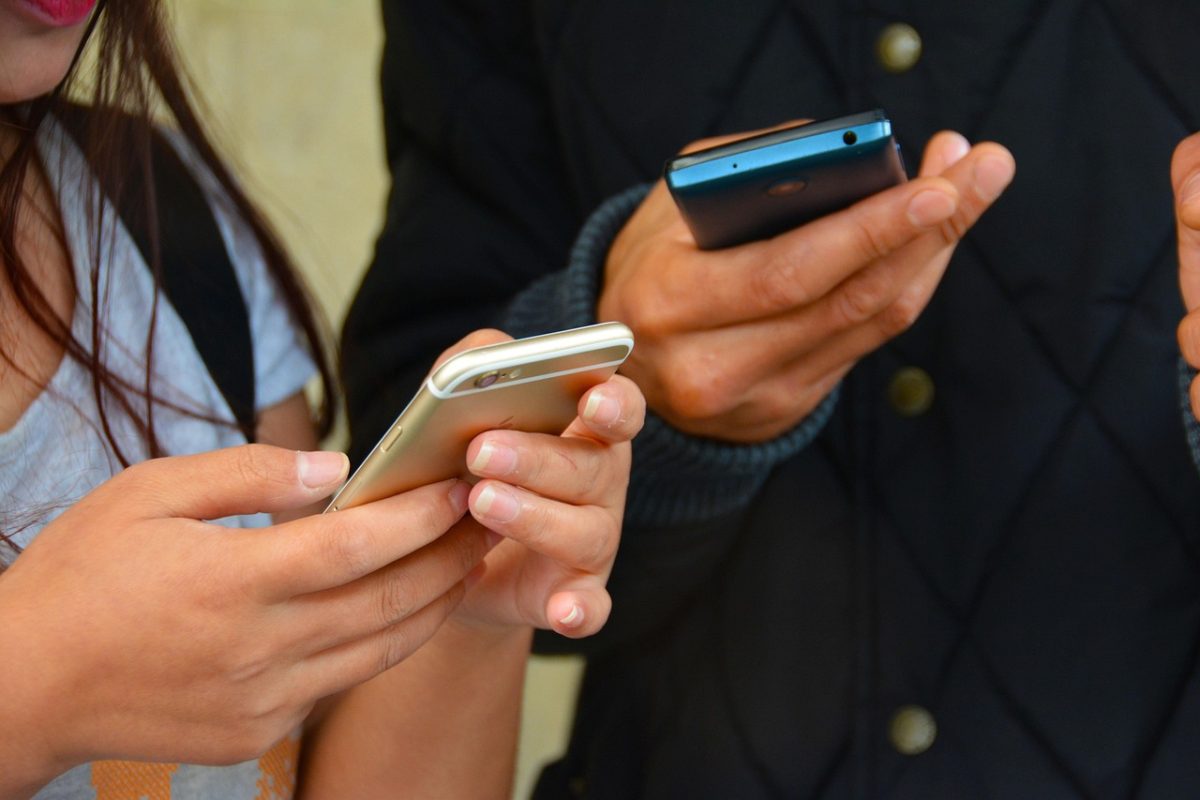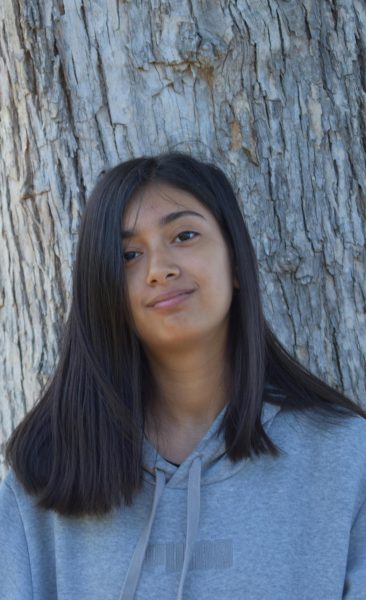If you’ve ever had a teacher take you aside in the middle of class and tell you that you couldn’t write about or say certain things, then you’ve probably had a small taste of what’s referred to as student censorship. You may think that violates the First Amendment (Freedom of speech) but surprisingly it doesn’t if certain criteria are met.
Starting with a case that remains controversial to this day, Hazelwood v. Kuhlmeier.
Journalism students from Hazelwood East High School in St. Louis Missouri wrote articles on teen pregnancy and the effects of divorce, these articles had interviews with actual students who had been impacted by either topic (with the interviewees being given fake names of course).
When the principal of the school read the article he was, Unimpressed to say the least; So unimpressed in fact, that he removed both articles even though both articles had previously been approved by a school adviser. The 3 students who had written the article (Leslie Smart, Lee Ann Tippett, and Cathy Kuhlmeier) were upset of course and so they printed out the previously removed articles and handed them out by themselves.
Later on, they took their case to court claiming that the school had violated their First Amendment rights. The court sided with the school, however, saying that because the school paid for it, they were allowed to control what was in it. So then the students took it to a court of appeals, which then reversed the lower court’s choice saying because it was a public forum.
Once again this case went to court via the school this time, and the case was taken to the Supreme Court. This time the Supreme Court was in favor of the school, saying that because the newspaper was school-sponsered it did not violate their First Amendment right and the school won the case. A choice that some of the public found incredibly outrageous.
In another example Tinker v. Des Moines, although this case has a better ending for the students. In Lowa students John Tinker, Mary Beth Tinker, Hope Tinker, Paul Tinker, and Christopher Eckhardt ( A friend of of John Tinker) wore black armbands to school as a way to protest the ongoing Vietnam War. The school informed them that they were not allowed to wear the armbands and if they did they would be punished…So they did it anyway.
John Tinker, Mary Beth Tinker, and Christopher Eckhardt were suspended and told they would not be allowed back until they stopped wearing the armbands. So the school got sued, and to add insult to injury the ACLU (American Civil Liberties Union) stepped in to help the tinkers win the lawsuit. The Tinkers and Eckhardt family claimed that their children’s First Amendment right was violated.
At first, they brought their case to the Southern District Court of Iowa, but that court agreed with the school whilst acknowledging that the kids could protest under the First Amendment. The court’s real concern was that the school would have a difficult time keeping a healthy learning environment.
Next, the Tinker and Eckhardt families brought the case to the Court of Appeals, which ended up evenly divided, So off they went to the Supreme Court. Dan Johnston, the lawyer for the two families stated that before this incident took place the school had let other kinds of political speech happen that never disrupted learning. Allan Herrick, the lawyer for the school district claimed that the school should be allowed to limit speech if it could lead to “Violence” or “Disorder”.
The Tinker and Eckhardt families won the case 7-2, and when their kids returned to school they wore black for the rest of the school year in an ironic twist of fate.
The last case is simple and quick. Bethel v. Fraser.
In the Bethel school district, a 17-year-old junior student by the name of Matthew Fraser nominated Jeff Kuhlman for the role of student vice president by preparing a whole speech containing metaphors that can’t be written here or else there will be a Clarion v. Montclair, He then proceeded to give said speech during lunch.
The school (like the ones before) wasn’t very happy about this and suspended Matthew for violating the school’s no-disruption policy. Matthew brought his case all the way up to the Supreme Court where it was ultimately decided that Matthew had caused a disruption and that it was the school’s right to censor what he said because of how inappropriate it was.


